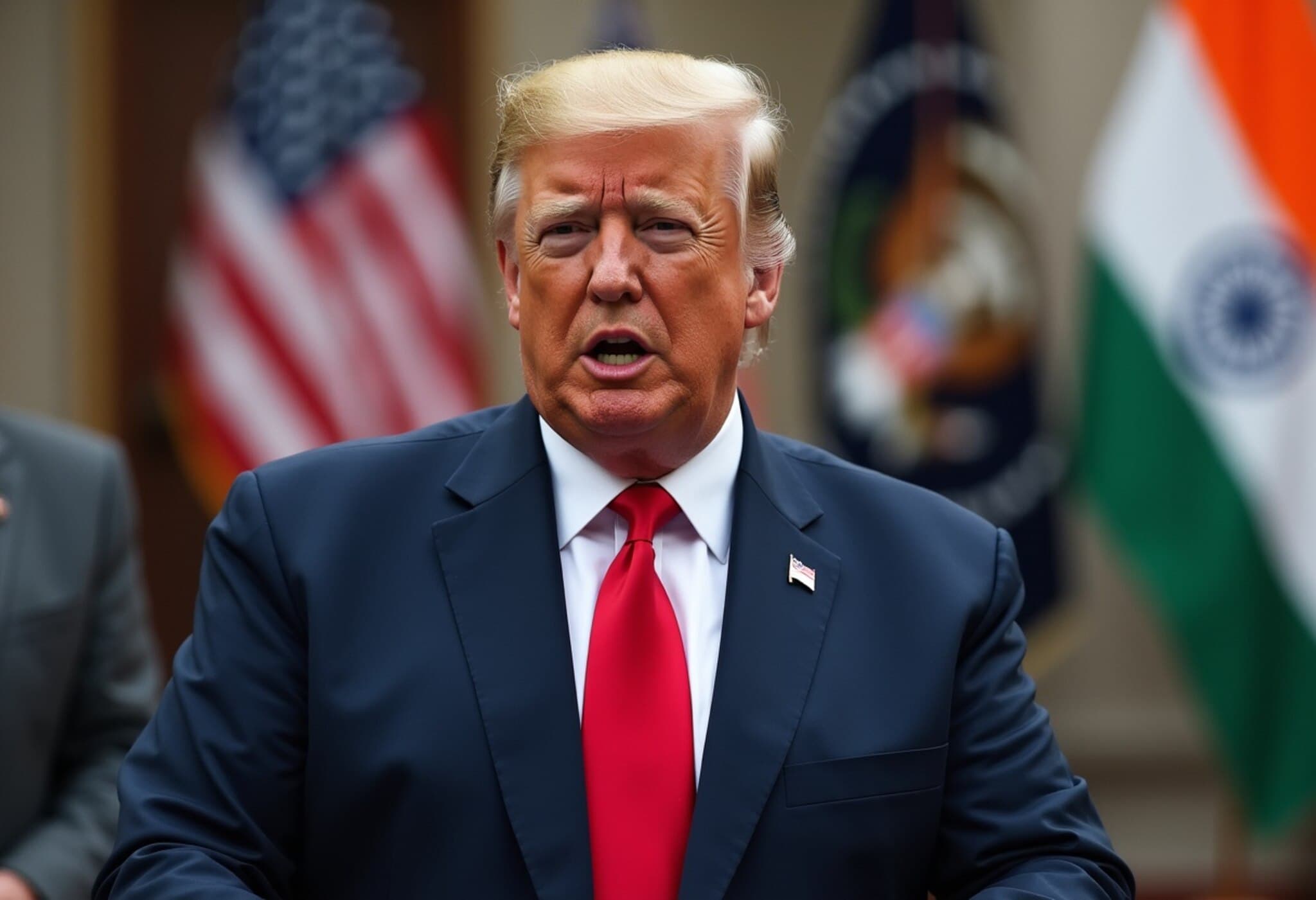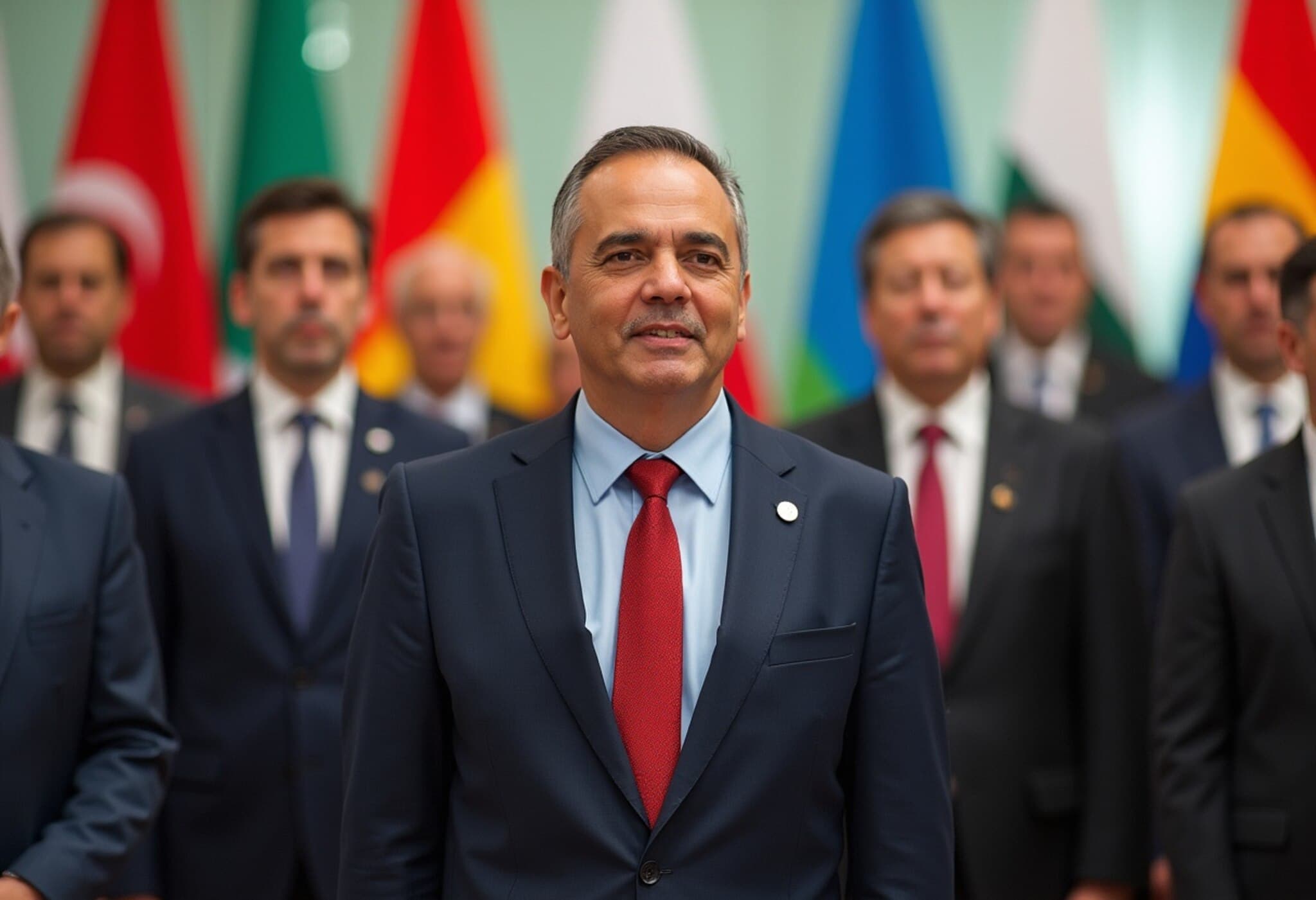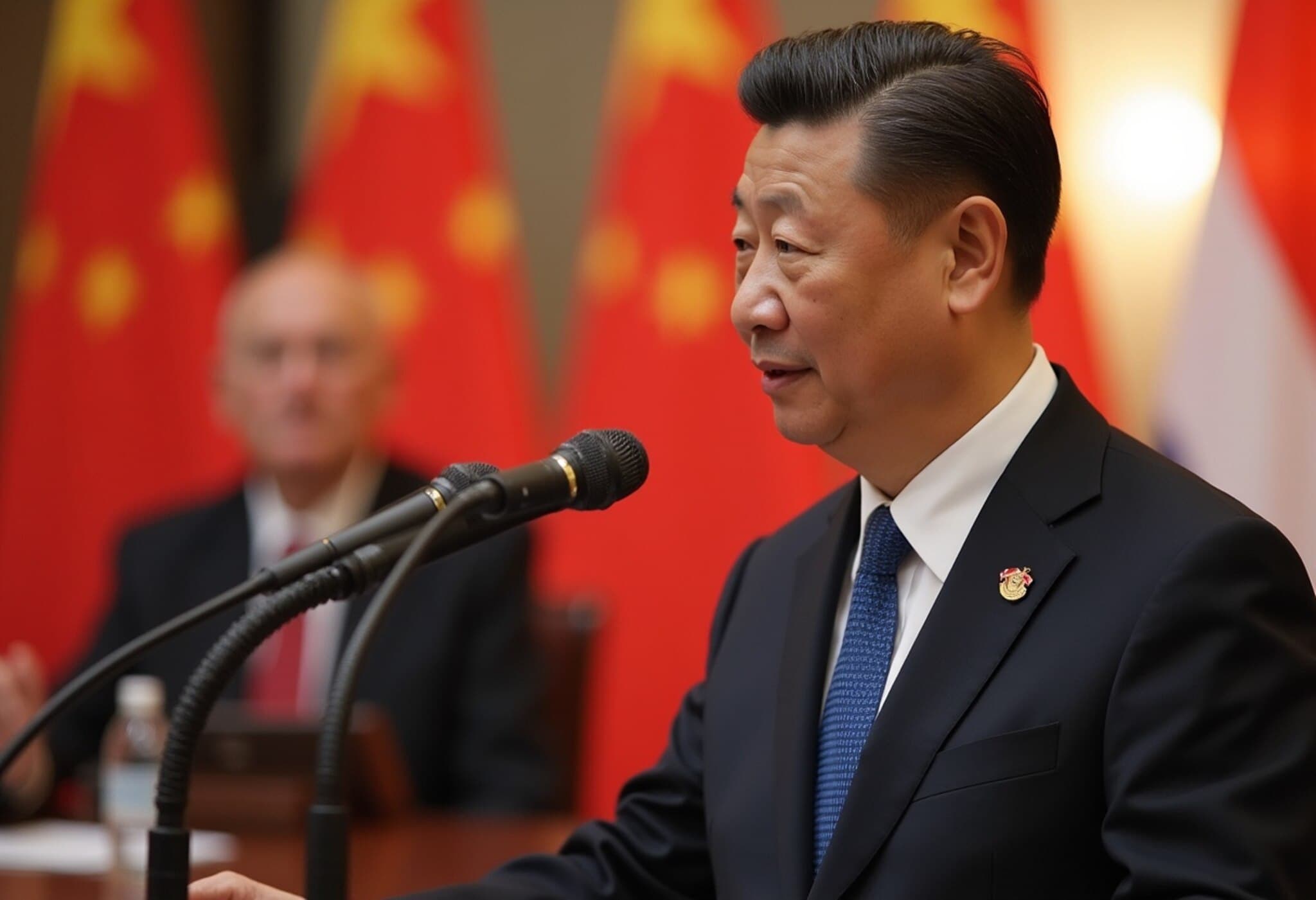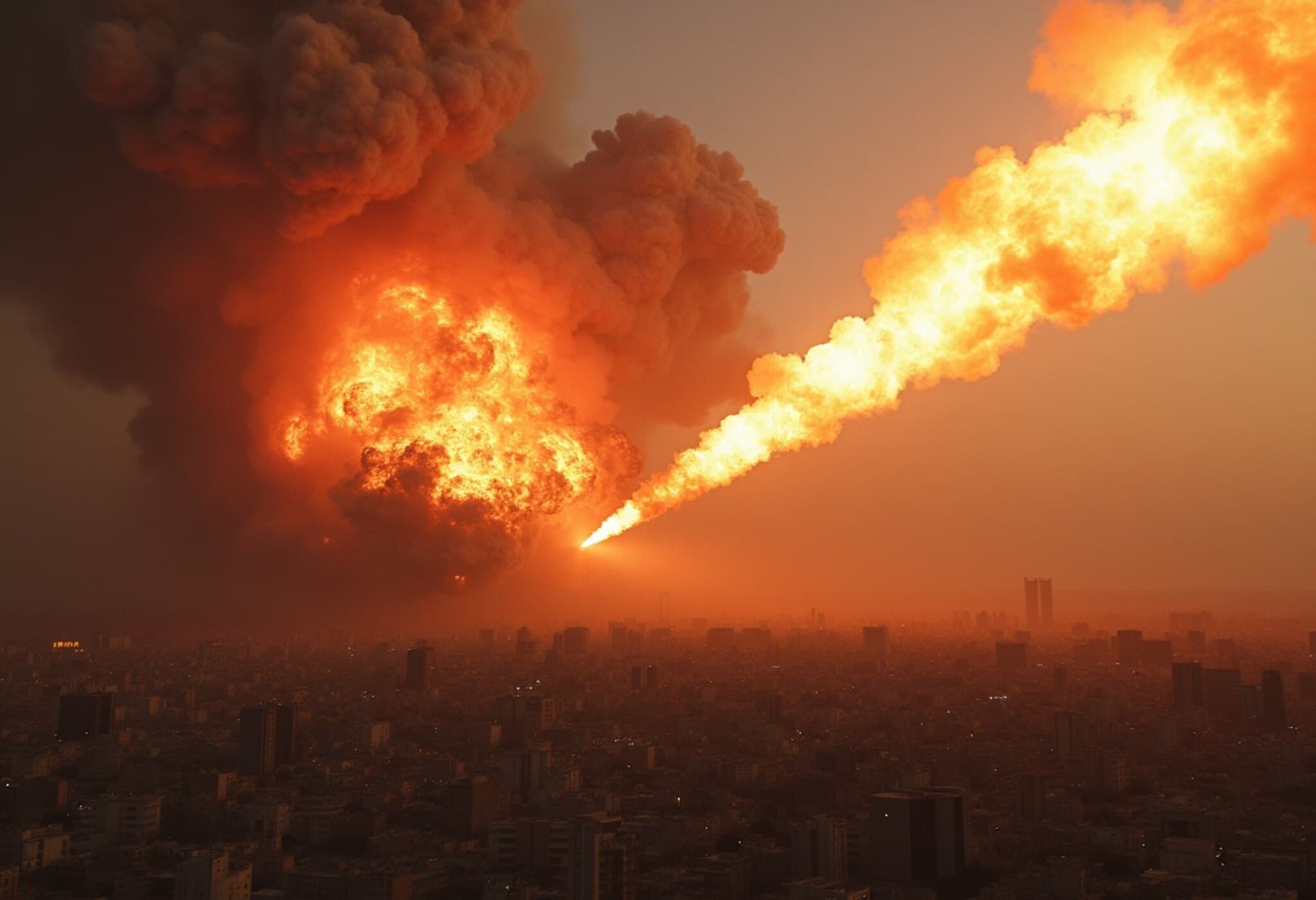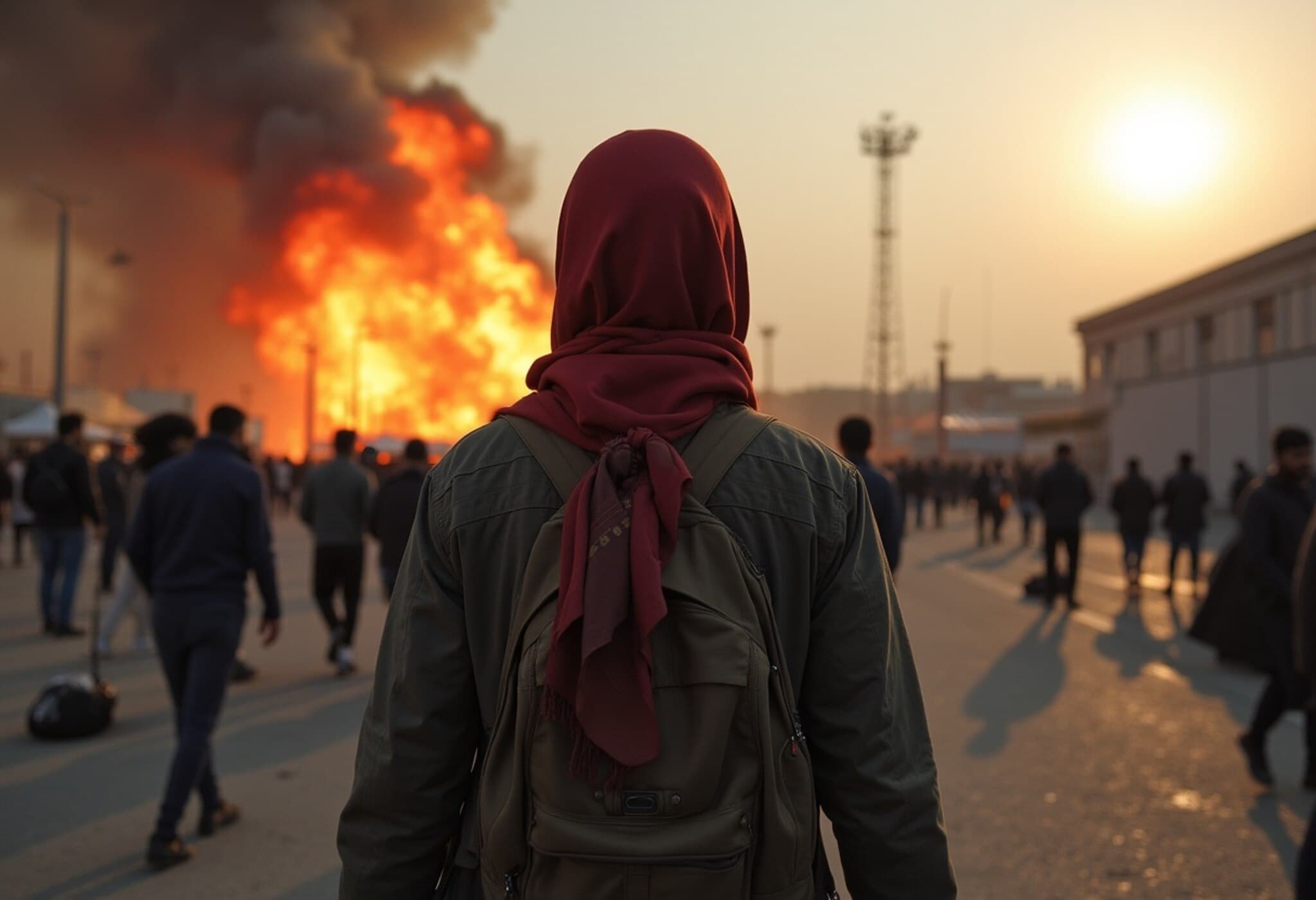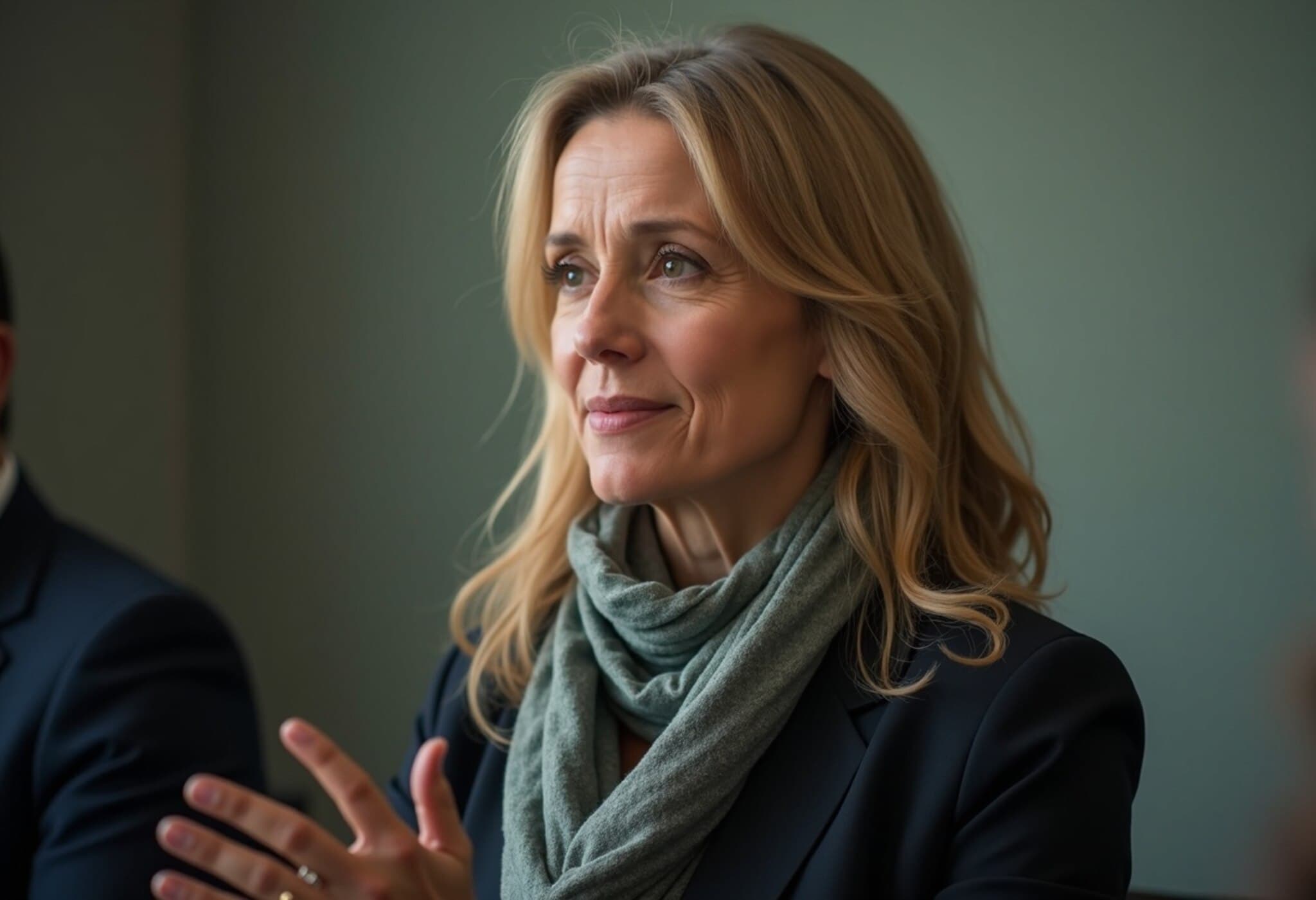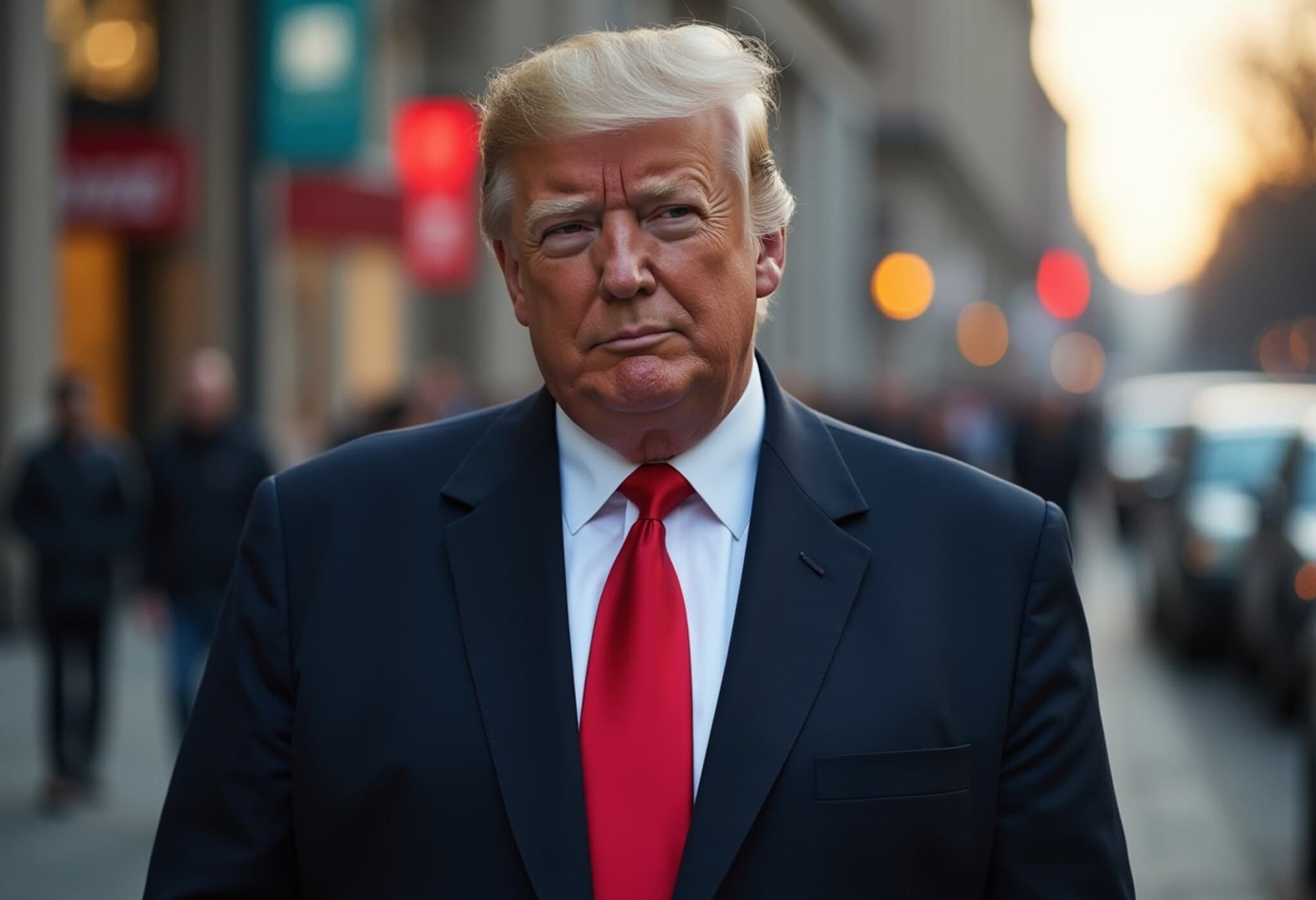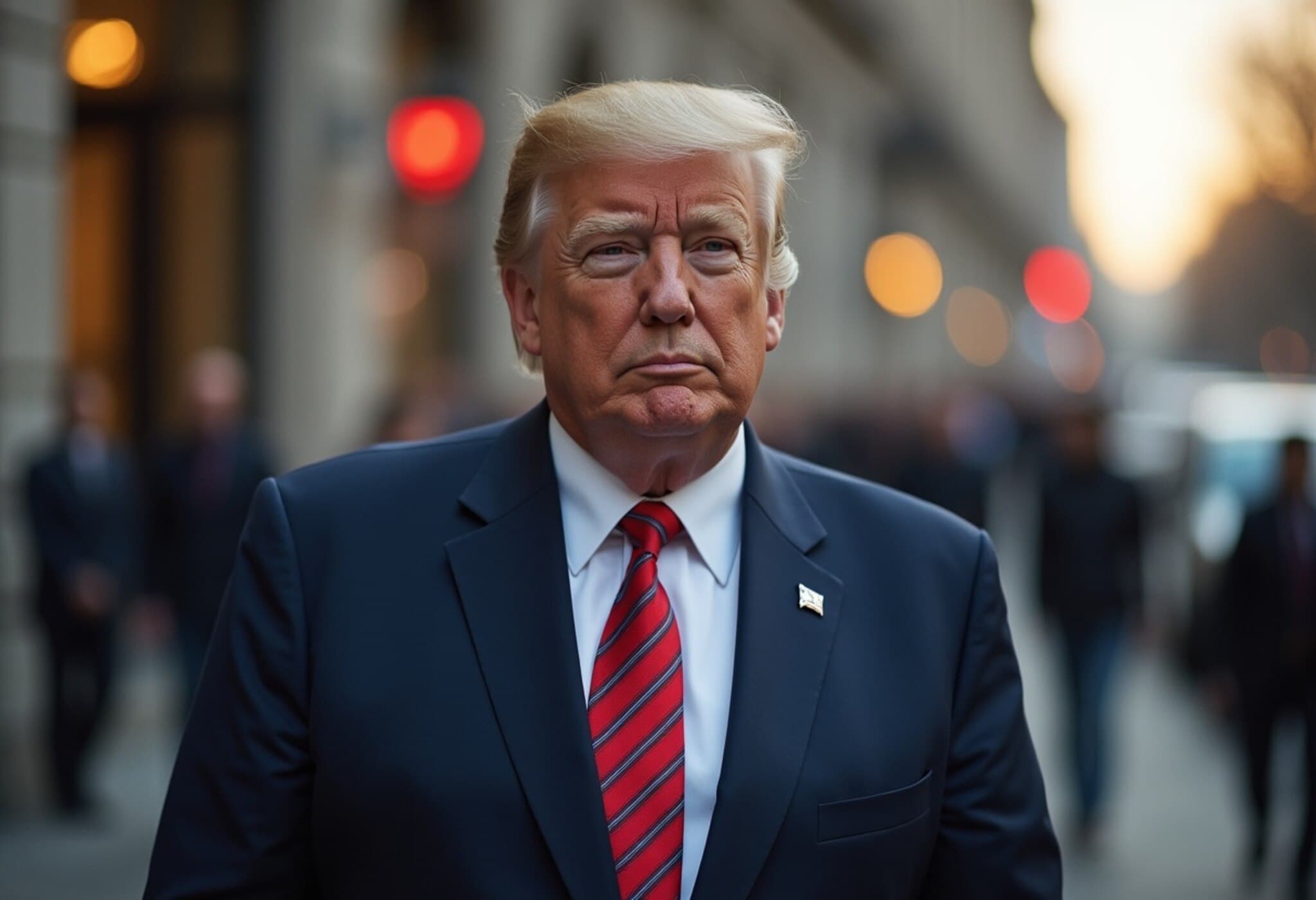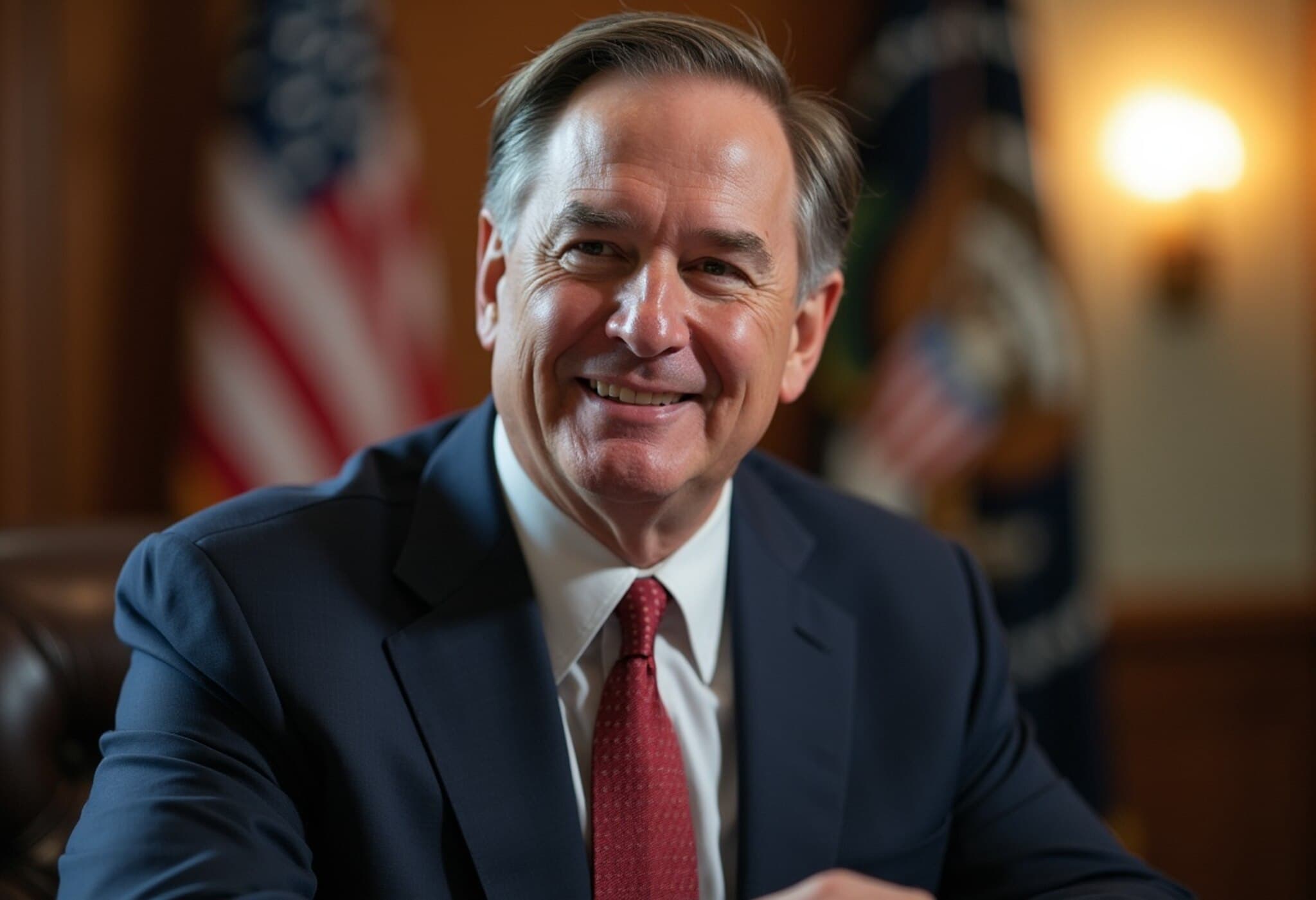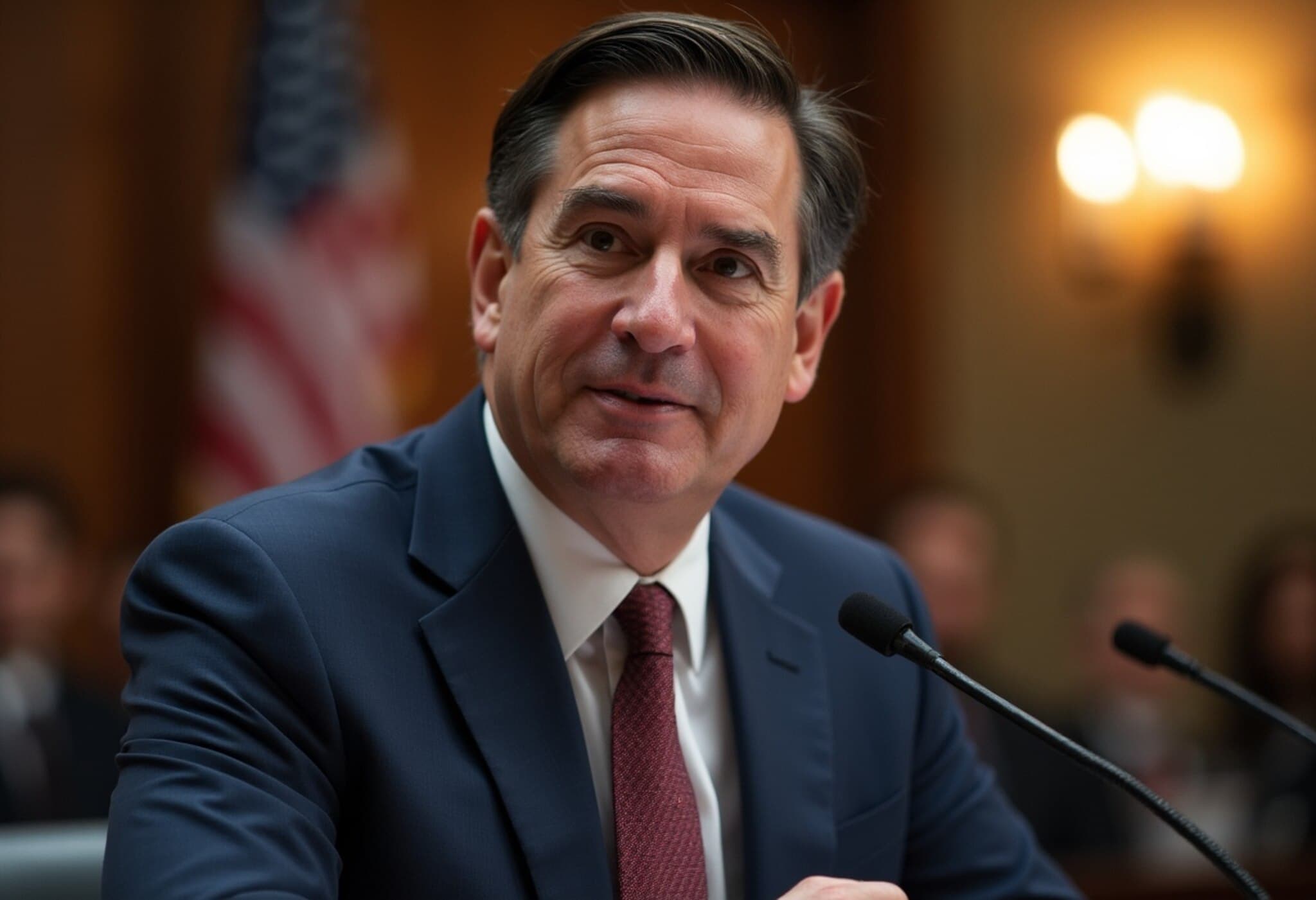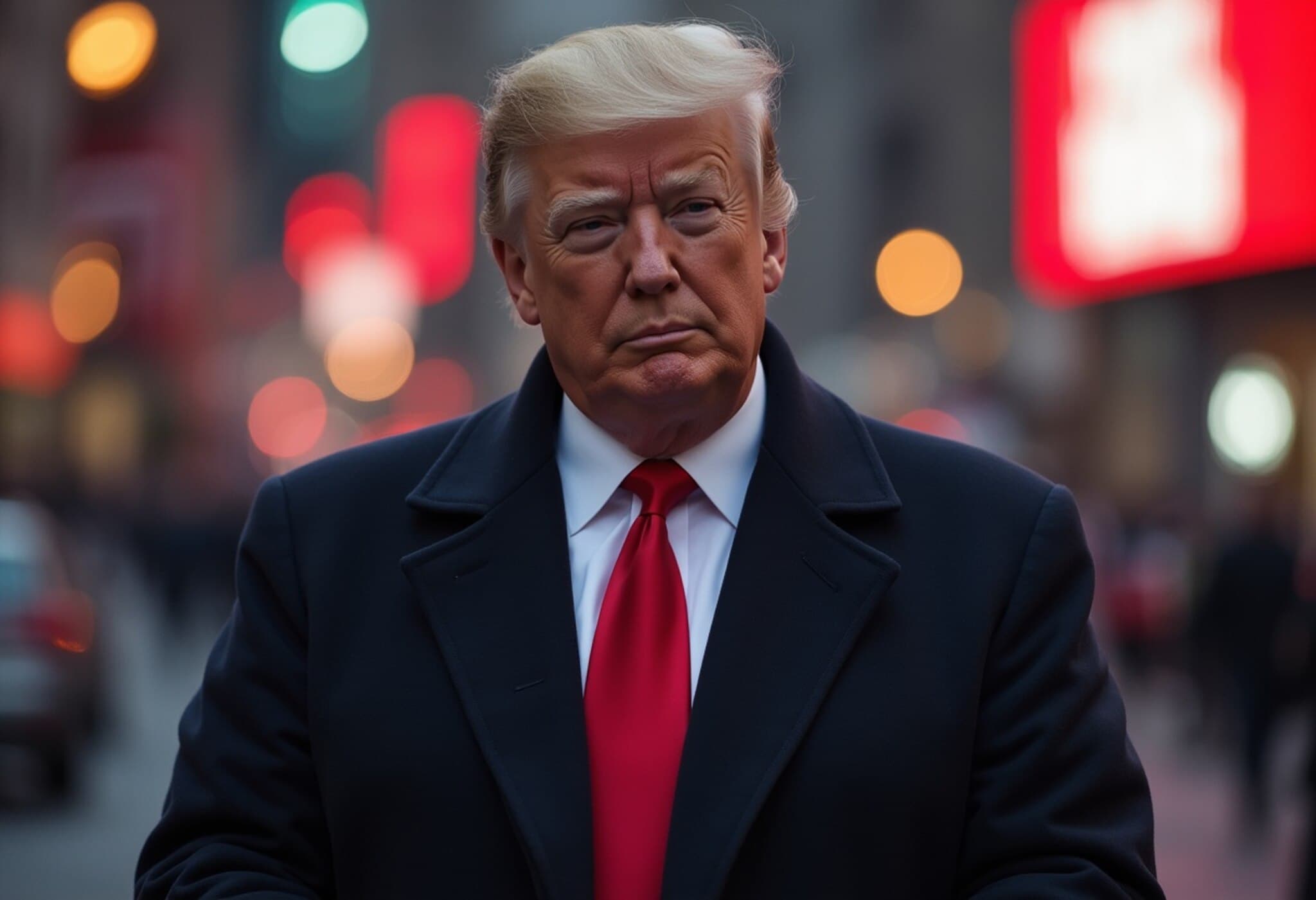Trump Calls for Russia-Ukraine Peace Deal Amid Rising Casualties
In a candid statement on August 3, 2025, former US President Donald Trump urged Russia to negotiate a ceasefire to halt the ongoing conflict with Ukraine, highlighting the devastating human toll on both sides. Speaking to reporters, Trump described the war as a "really horrible" and "ridiculous" situation, lamenting thousands of lives lost and escalating missile attacks in civilian towns.
Sanctions and a Path to Peace
Earlier that week, Trump had announced new sanctions aimed at pressuring Russia over its actions in Ukraine. However, he expressed skepticism about their effectiveness, remarking, "I don't know that sanctions bother him [President Putin]." Instead, Trump emphasized that a diplomatic resolution where "people stop getting killed" would be a more meaningful path forward.
Reiterating Disputed Peace Claims Across Conflict Zones
Aside from Ukraine, Trump once again claimed credit for brokering peace between historically tense nations. Notably, he insisted that his administration successfully halted conflicts between India and Pakistan as well as in Cambodia-Thailand and the Congo-Rwanda regions. His remarks, however, stand in contrast to official statements from India, where government leaders including Prime Minister Narendra Modi and External Affairs Minister S. Jaishankar have publicly denied any US mediation in the recent India-Pakistan ceasefire.
Trump said, "We stopped a lot of countries from going to war... India and Pakistan, we stopped a lot of countries. And we're going to get that one stopped, too, somehow." He also referenced ending long-standing conflicts in Rwanda and the Congo, asserting a role in bringing peace to regions with devastating casualty numbers, though independent verification of direct US involvement remains limited.
Contextualizing Trump’s Assertions in Global Peace Efforts
The former president’s repeated claims raise critical questions about the attribution of peace achievements and the role of US diplomacy on the global stage. While Trump’s rhetoric often underscores his focus on conflict resolution, experts note the complexity of international peace processes typically involving sustained multilateral efforts beyond any single leader’s actions.
Moreover, the Ukraine war continues to dominate global security discourse, with Western sanctions against Russia intensifying but without a clear diplomatic breakthrough in sight. Trump's suggestion that sanctions may not deter Moscow reflects ongoing debates about the efficacy of economic pressure versus direct negotiations.
Implications for US Foreign Policy and Public Perception
- Sanctions efficacy: Trump’s skepticism highlights a broader discussion within US policy circles about balancing punitive measures with diplomatic engagement.
- Media and misinformation: Unverified claims about peace brokering can cloud public understanding and potentially undermine trust in official foreign policy narratives.
- Geopolitical leverage: Crediting peace successes—even if inaccurate—can be viewed as strategic messaging aimed at bolstering political influence domestically and internationally.
Expert Insights
Dr. Emily Carter, a professor of International Relations at Georgetown University, remarks, "Peace negotiations are rarely the achievement of a single actor. Attributing complex ceasefires to individual interventions oversimplifies the diplomatic processes and risks misinforming the public. It’s crucial to critically evaluate such claims against verified records to maintain credibility in reporting and policy discourse."
Looking Ahead
As the situation in Ukraine evolves, and as South Asian rivalries persist, the international community continues to seek sustainable strategies to prevent further bloodshed. While voices calling for peace are vital, distinguishing rhetoric from substantiated diplomatic breakthroughs remains essential for constructive discourse.
Editor's Note: This report seeks to clarify and contextualize recent public statements by Donald Trump regarding ongoing conflicts and alleged peace interventions. Readers are encouraged to approach such claims with a discerning eye and consider the multifaceted nature of international peace-building. The true measure of progress lies in verifiable outcomes and collaborative effort rather than individual assertions.

